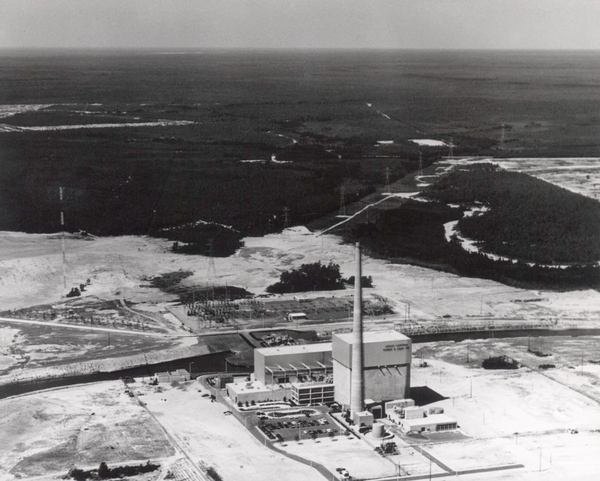The U.S. Nuclear Regulatory Commission announced its decision to prematurely terminate a long-term study on cancer risks related to U.S. nuclear facilities, including one in New Jersey, citing a lack of funding, time and resources.
In an NJ Spotlight article, Neil Sheehan, a spokesman for the NRC, said the remaining work on the yet-to-be-completed study, which was started five years ago, would take about 39 months and $8 million to complete.
An estimated $1.5 million has already been spent on the study, the NRC said.
Environmental group leaders, who pushed for the study, voiced anger over the decision to end it.
"What’s a child’s life worth?" asked Janet Tauro, a founding member of Grandmothers, Mothers and More for Energy Safety, a New Jersey group critical of the Oyster Creek nuclear plant in Ocean County, New Jersey, which was part of the study.
Oyster Creek, the oldest operating commercial nuclear unit in the United States, has been the source of numerous releases of radiation into the air in recent years as well as groundwater contamination, according to NJ Spotlight.
The plant is scheduled to halt operation by 2019 under an agreement with the Christie administration.
Despite the termination of the study, NRC officials told NJ Spotlight reporter Tom Johnson the agency will continue to monitor the plants’ compliance with requirements limiting radiation releases from routine operations and will continue to conduct analysis of environmental samples from near the plants.
An NRC official also noted that previous research on U.S. nuclear plants found that the highest offsite dose to an exposed member of the public living near a site is generally less than 1 percent of the amount of radiation the average citizen encounters in a year from all background and medical sources.
Read the full NJ Spotlight article here.


